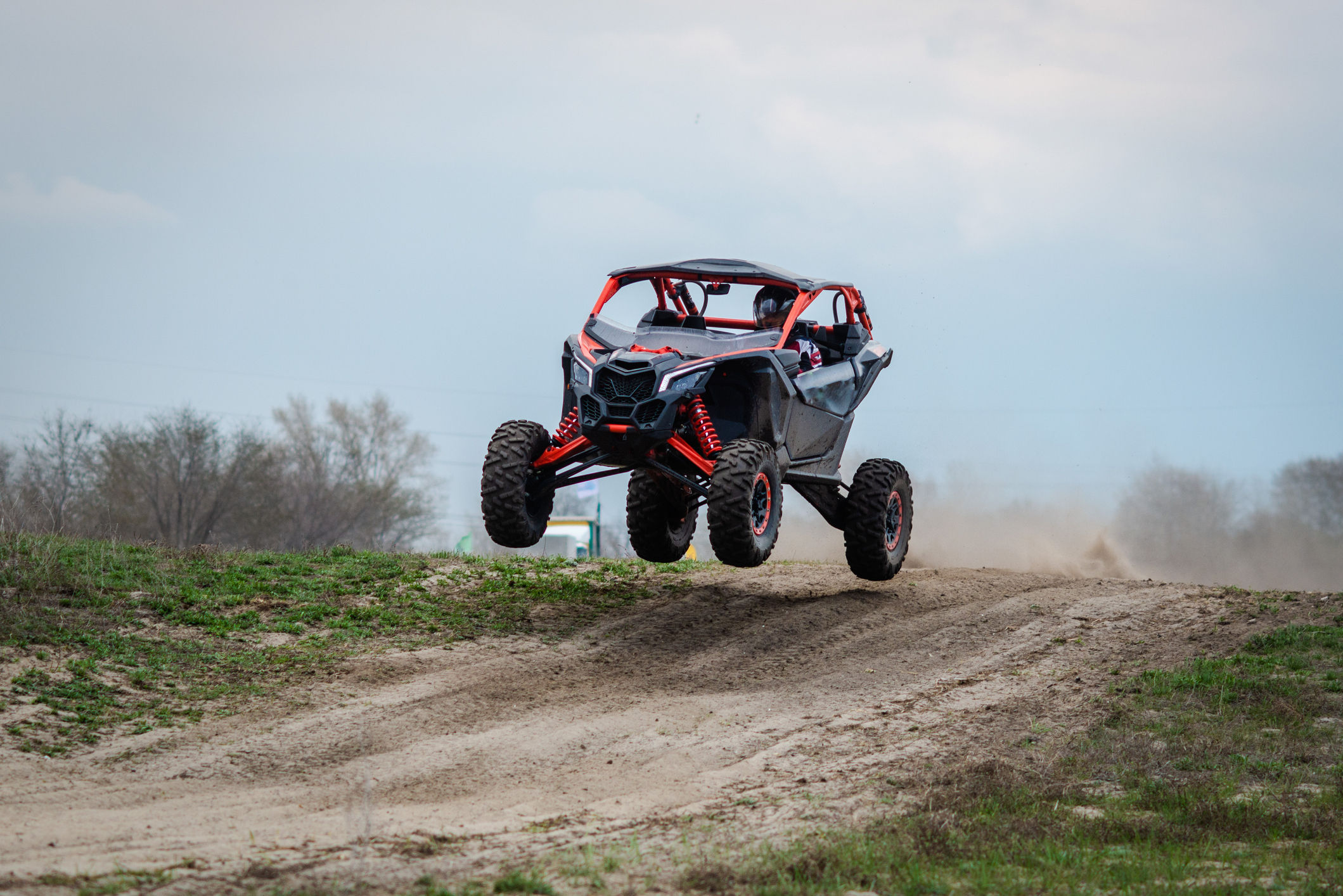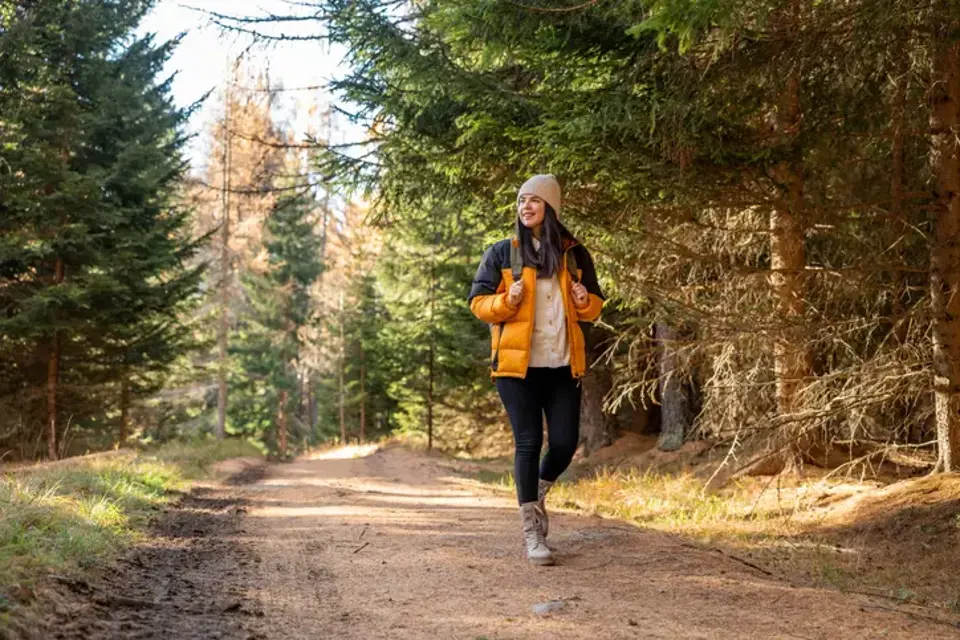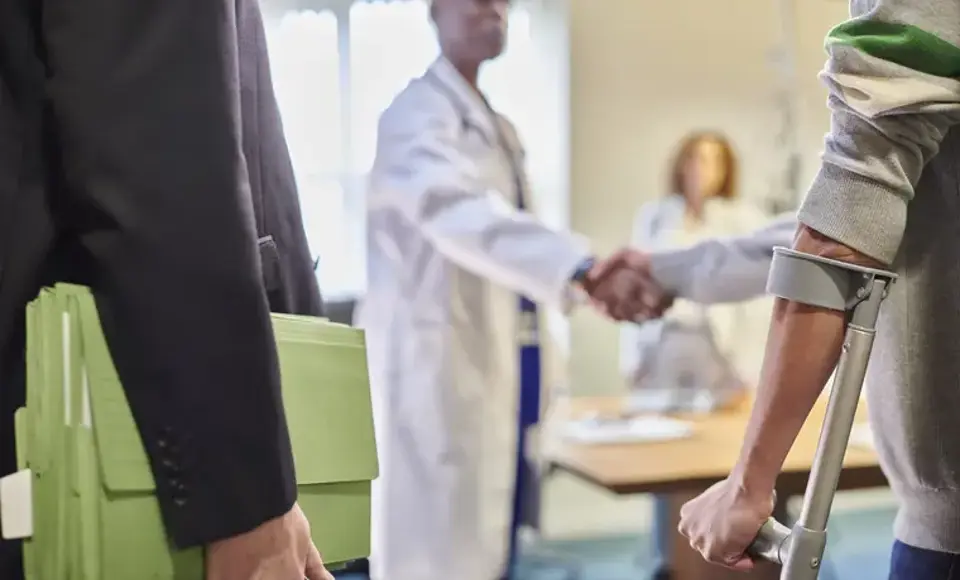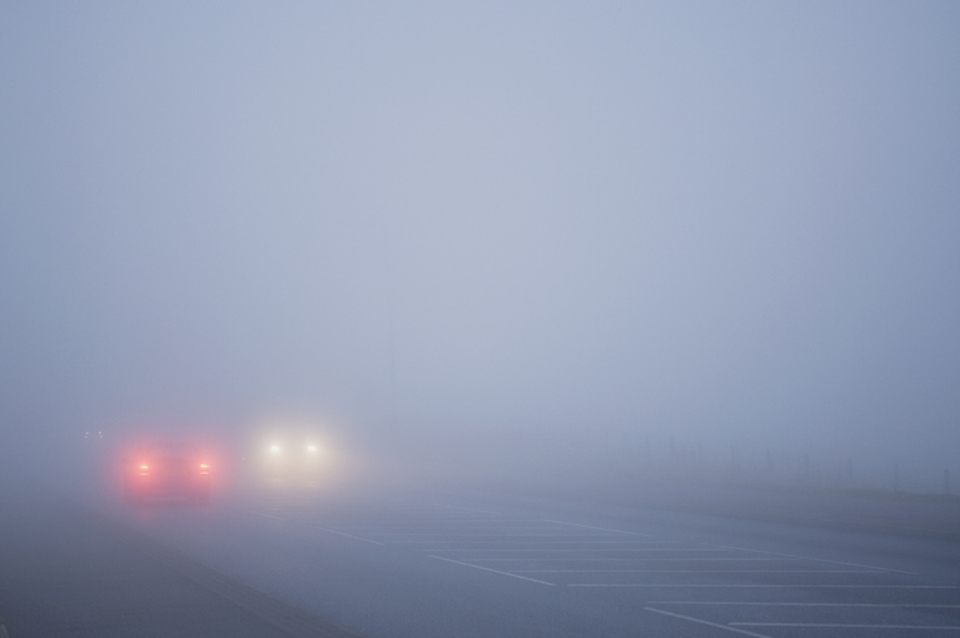ATVs (All-Terrain Vehicles) are synonymous with adventure and outdoor fun. Whether navigating rugged trails or enjoying a ride on private property, ATVs offer excitement like no other. However, with that thrill comes risk. Accidents can happen in the blink of an eye, and when they do, they often lead to serious injuries.
If you’ve been injured in an ATV crash while on private property, you may wonder what steps you should take and whether you have legal options. This guide will help you understand the key actions to protect your health, rights, and financial well-being after such an accident.
Assess the Situation and Prioritize Safety
The first moments after an ATV accident are critical. Your safety and health should always be the top priority. If you’re able to move, take these initial steps immediately following the crash.
1. Check for Injuries
Some injuries, like cuts or broken bones, may be obvious, while others, like concussions or internal damage, could be harder to identify. Don’t dismiss any symptoms, even if they seem minor. It’s better to err on caution and seek medical care quickly.
2. Move to Safety (If Possible)
If the accident happened in a high-traffic area or near other hazards, move to a safe spot if you can do so without worsening your injuries.
3. Call for Help
Dial 911 or contact the local emergency services right away. Even if you feel fine, professional help ensures that you and anyone else involved receive proper medical attention and provides an official record of the incident.
Seek Medical Attention
Even if you think your injuries are “just a bruise” or “a little sore,” it’s essential to see a doctor soon after the accident. Injuries could worsen over time, and some issues like concussions or soft tissue injuries may not show symptoms immediately.
Medical documentation is also crucial if you decide to pursue legal action. A detailed medical report serves as evidence of the injuries caused by the crash, helping support your claim for compensation.
Pro Tip:
Keep copies of all medical records, including bills, doctor’s notes, diagnosis reports, and follow-up care instructions. These documents play a key role in any potential legal case.
Gather Evidence at the Scene
If possible, start collecting evidence immediately after the crash—but only if it’s safe to do so. Some evidence might disappear quickly, so capturing it early can be vital. Here’s what to focus on:
- Photographs or Videos: Take pictures of the crash site, the ATV(s) involved, and any visible injuries.
- Witness Information: Ask for their name and contact information if someone saw the accident. They might be helpful later as a witness statement.
- Details of the Property: Document conditions on the private property that might have contributed to the accident, such as uneven terrain, damaged equipment, or poor maintenance.
Understand Liability in an ATV Crash
ATV crashes on private property can be complicated when it comes to determining who’s at fault. Injuries might stem from reckless riding, unsafe property conditions, or a mechanical ATV failure. Here are some potential parties who could bear responsibility for the crash:
1. The Property Owner
Property owners in many states are legally obligated to ensure their land is reasonably safe for guests. If the accident happened because of hidden dangers (like hazardous terrain, overgrown vegetation, or unsafe obstacles) that weren’t marked or addressed, the property owner might be liable for your injuries.
2. Other Riders
If another ATV rider acted recklessly or carelessly, their actions might be to blame for the crash. For example, they could be held responsible if they were speeding, ignoring safety rules, or riding under the influence.
3. The ATV Manufacturer
If a mechanical defect or design flaw in the ATV caused the accident, the manufacturer or distributor might be liable under product liability laws. This could apply to issues like faulty brakes, unstable design, or engine problems.
4. Your Own Role
Depending on the specifics of the crash, you may share some level of responsibility. For example, if you ignored safety guidelines or were riding without proper equipment, your actions might impact your legal claim. However, it’s worth noting that even in cases of shared fault, you may still be entitled to compensation under comparative negligence laws in many states.
Notify the Property Owner
If the crash happened on someone else’s private property, notify the owner about the incident as soon as you can. Here’s why this step is so important:
- Their homeowner’s insurance might cover personal injury claims.
- It helps you document that the crash occurred at that location.
- They might need to address hazards to prevent future accidents.
Keep in mind that you are not required to settle or speak in detail about the accident with the property owner on the spot. If they ask for more information, it’s best to consult an attorney first.
Avoid Speaking to Insurance Adjusters Without Legal Support
If the property owner or another party involved has insurance, you’ll likely hear from their adjuster soon after the accident. While sharing details about what happened might seem harmless, insurance companies are primarily interested in protecting their finances.
They might try to:
- Minimize your injuries
- Blame you for the crash
- Offer a low-ball settlement
To protect your rights, consider hiring a personal injury attorney who can communicate with the insurance company on your behalf. They’ll ensure you aren’t pressured into accepting a deal that doesn’t reflect the full extent of your damages.
Seek Legal Assistance
ATV accidents on private property involve layers of complexity, from determining fault to calculating damages. Having an experienced personal injury attorney on your side can make all the difference. Here’s how they can help:
- Investigate the Accident: An attorney can gather evidence, talk to witnesses, and reconstruct what happened.
- Identify Liable Parties: They’ll pinpoint who’s responsible, whether it’s the property owner, other riders, or the manufacturer.
- Negotiate Fair Compensation: Attorneys know how to fight for the damages you’re owed, covering everything from medical expenses to lost income and pain and suffering.
- Handle Paperwork and Deadlines: Navigating legal claims can feel overwhelming, especially if you’re recovering from an injury. An attorney ensures everything is filed correctly and on time.
Damages You May Be Entitled To:
If you successfully file a claim, you might recover compensation for:
- Current and future medical expenses
- Lost wages or loss of earning capacity
- Pain and suffering
- Emotional distress
- Rehabilitation costs
Time is Critical
Every state has its statute of limitations that determines how long you must file a personal injury claim. If you wait too long, your right to pursue compensation could expire. Don’t delay in seeking legal advice to better understand your options and avoid missing important deadlines.
Austin ATV Accident Attorneys
In the wake of an ATV accident, understanding liability, taking immediate safety measures, and navigating insurance or legal challenges are crucial steps towards comprehensive recovery and justice. From gathering evidence and filing necessary reports to consulting with legal experts like Briggle & Polan, PLLC, individuals in Austin, TX, can leverage expert advice and representation tailored to local contexts. Practicing safety and prevention measures can help to minimize risks, enhancing the overall ATV experience. If you're facing challenges after an ATV crash or seek proactive counsel regarding ATV usage on private property, consider reaching out to our Texas-based legal experts. We're here to help navigate your concerns efficiently and effectively. Contact us today at (512) 400-3278 for a consultation and take the first step towards securing your rights and safety.









